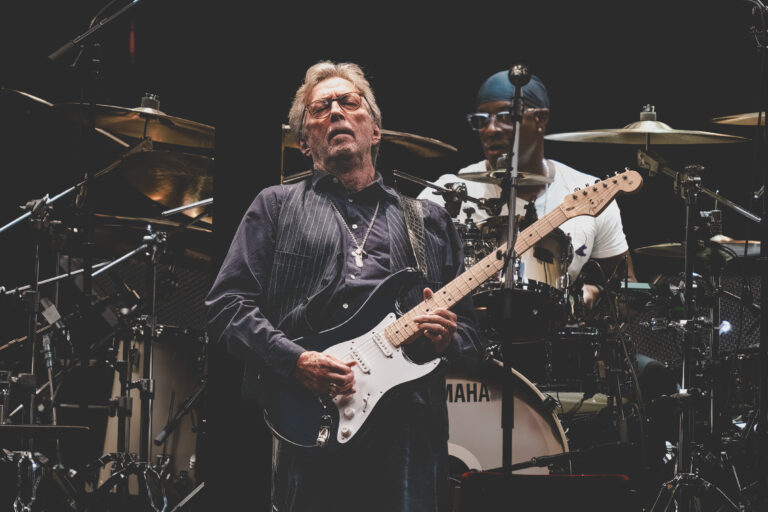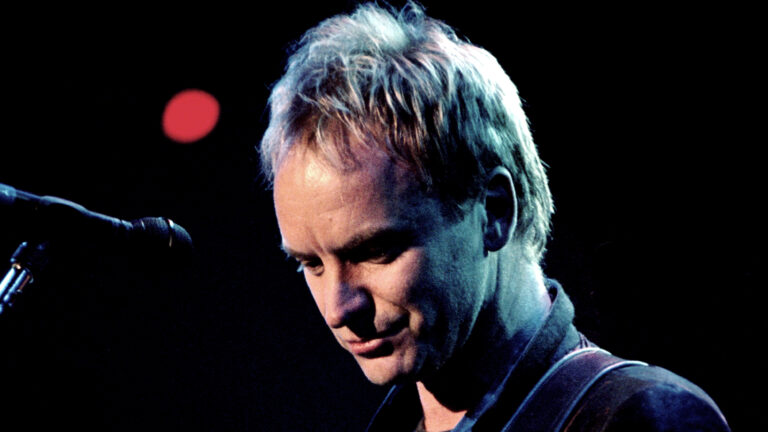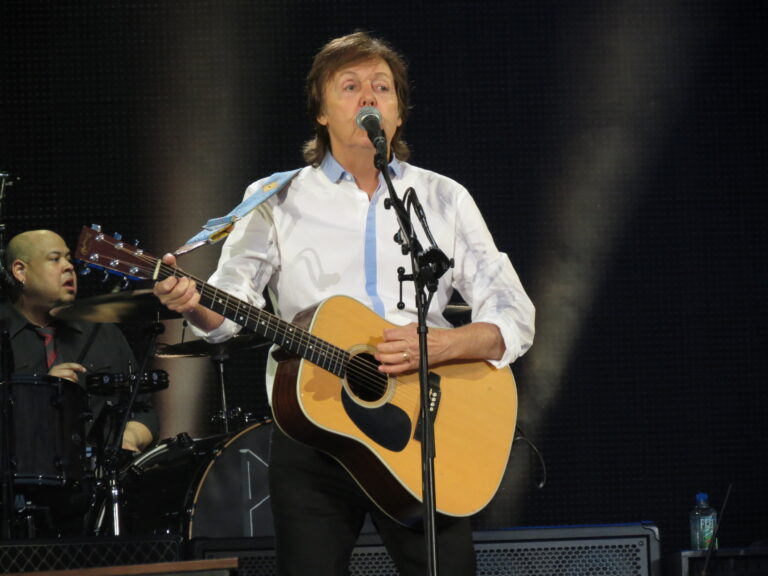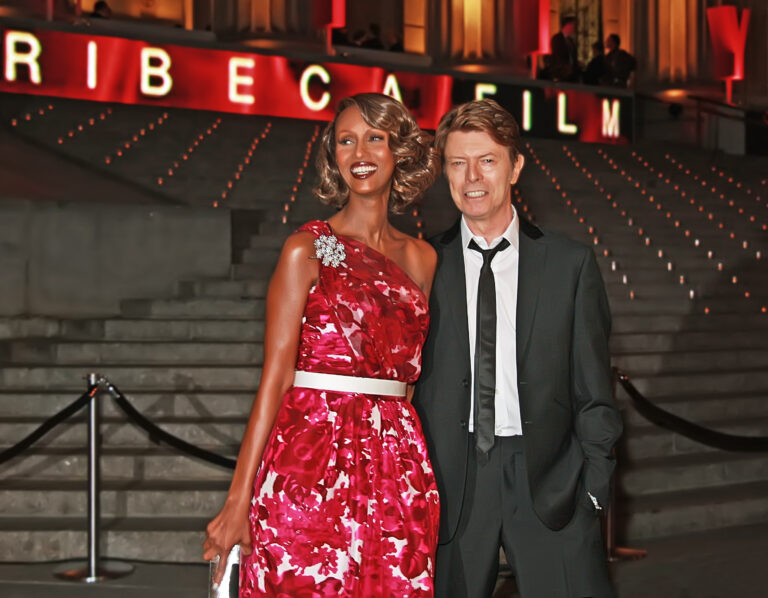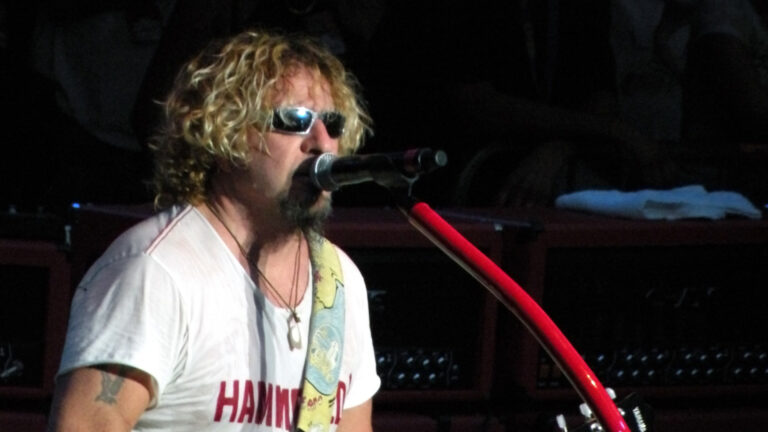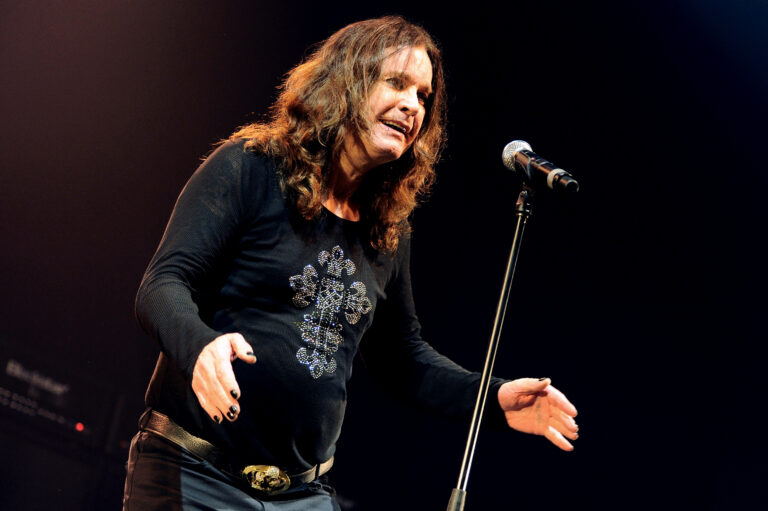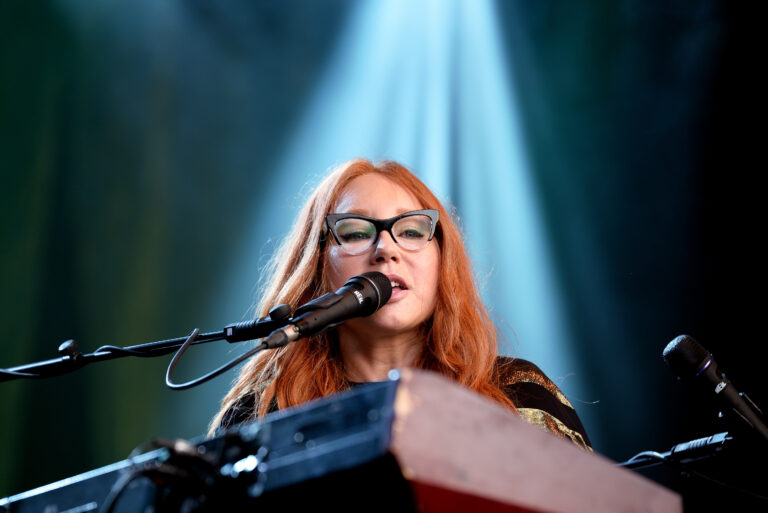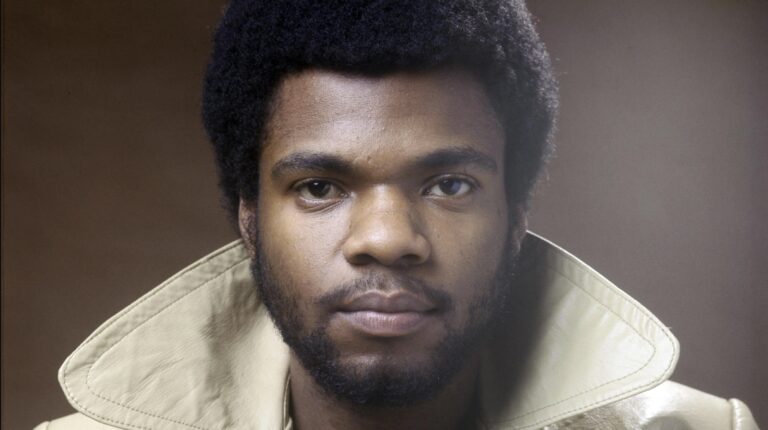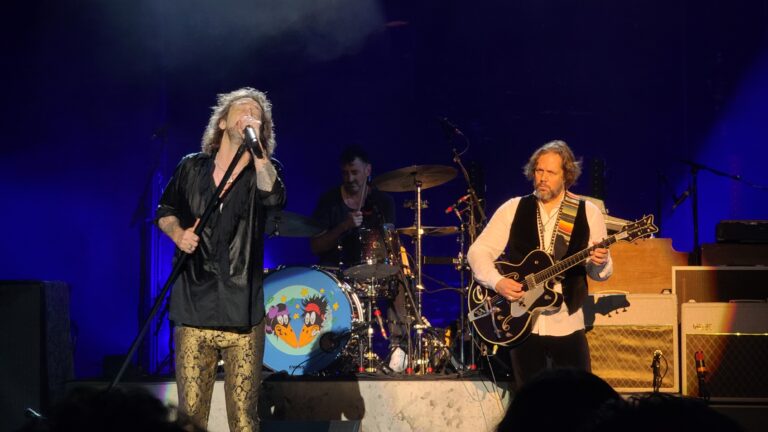
Blink-182’s Mark Hoppus Speaks Out On Old Rivalry Between Green Day
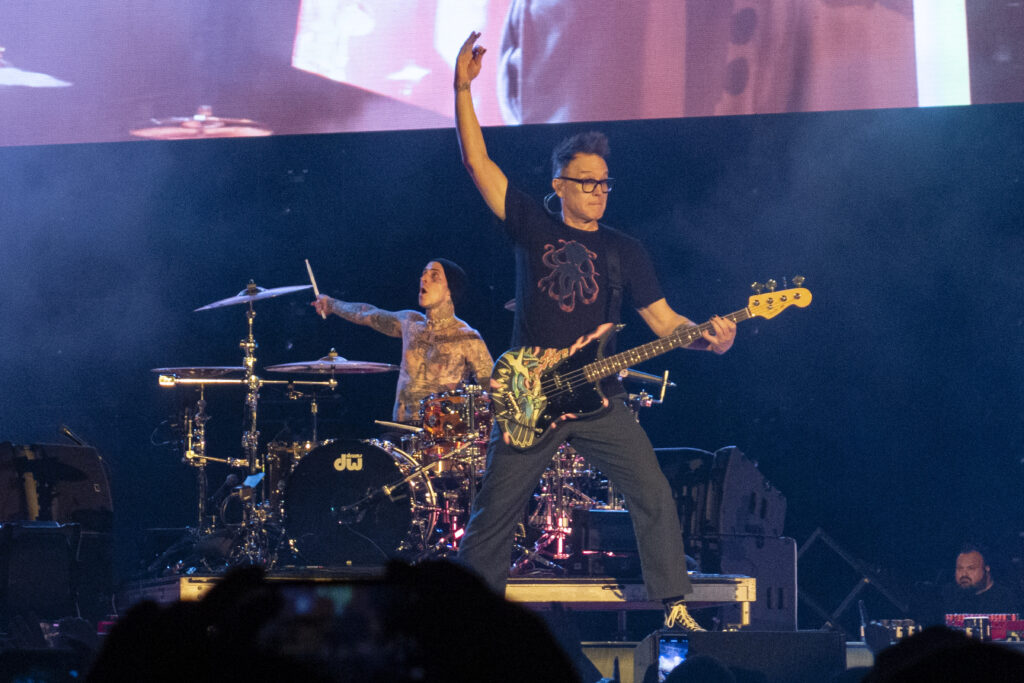
The friction between Blink-182 and Green Day during their 2002 Pop Disaster Tour left a lasting impact on both bands and the broader pop-punk genre, stirring conversations that resonate even today. Mark Hoppus, Blink-182's bassist, publicly opened up about the rivalry in his memoir, “Fahrenheit-182,” shedding light on the complex relationship. Though both bands were co-headliners, Blink-182 often closed the shows, despite their relatively recent emergence compared to Green Day’s seasoned status in the punk scene. This arrangement wasn't just a scheduling choice but underscored Blink-182's meteoric rise against Green Day's then-perceived decline. It was a role reversal that blurred the typical narrative of influence and reverence, especially for Hoppus, who was a self-proclaimed fan of Green Day's 1994 album, “Dookie.”
The competitive tension between the bands was palpable during the tour. According to Hoppus, while Blink-182 entered the tour riding on the success of their number one album “Take Off Your Pants And Jacket,” Green Day approached with a robust, confrontational energy, determined to prove themselves musically. Several nights, initial performances by Green Day exceeded expectations, pushing Blink-182 to elevate their act. The resulting dynamic transformed each show into an electrifying contest of talent and charisma, with each band striving to outdo the other, a process that Hoppus admits forced Blink-182 to become a stronger, more cohesive band.
The varying accounts shared by Hoppus indicate that the tour was as much personal as it was professional. Despite their onstage rivalry, the bands reportedly shared amicable moments offstage. Hoppus recounts how his wife and Billie Joe Armstrong's wife formed a close friendship, adding another layer of complexity to the relationships within the tour environment. Nonetheless, the professional stage rivalry amplified personal interactions too, leading to a mix of camaraderie and tension that defined their interactions. Hoppus describes their relationship as a scenario akin to rival gangs, underlining both respect and concurrent rivalry.
Post-tour, the memories of the tour lived on. For Green Day, this period became a precursor to their explosive comeback with the 2004 release of “American Idiot,” a defining moment that propelled them back into the spotlight. Meanwhile, Blink-182’s relationship with Green Day remains frozen in that competitive spirit, with Hoppus humorously mentioning in subsequent interviews that they continue to request a tour rematch, but to no avail. Green Day has remained noncommittal to such propositions, illustrating how the competition has evolved into a more nuanced respect over the years.
They haven’t toured together since, although both bands have shared stages at major festivals, including the 2023 “When We Were Young festival” and Live 105’s “Not So Silent Night,” showcasing their continued relevance and appeal. Outside of music, Hoppus has shared other personal anecdotes from that era in his memoir, which extend beyond the rivalry to personal challenges, including his battle with cancer, marking it as a period of growth and introspection beyond music.
Key Takeaways
-
tonedeaf.thebrag.com | The rivalry was so intense that Green Day felt overshadowed by Blink-182 during the Pop Disaster Tour, contributing to ongoing friction between the bands.
-
tonedeaf.thebrag.com | Despite the past tensions, both Blink-182 and Green Day have reached out for reunion tours, but Green Day has continually declined, maintaining a respectful but distant relationship.











